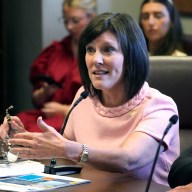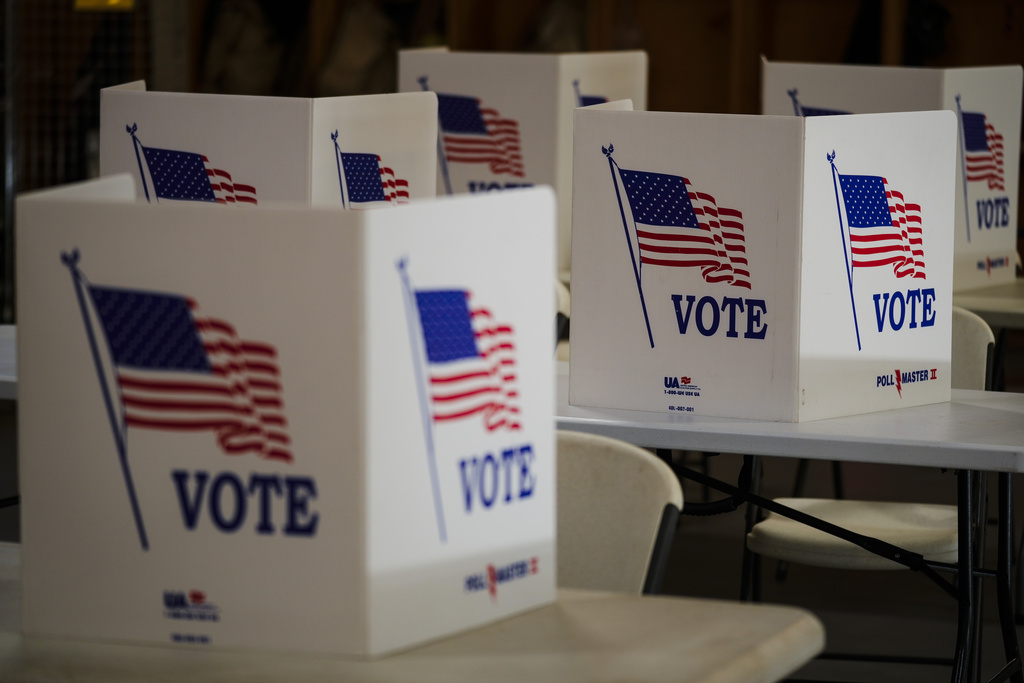When I was 20-years-old, I took part in Youth Exchange where I worked on a dairy and rice farm. Both places were inland.
One thing I remember about that experience was missing deeply the smells and sights of the ocean.
I have many happy memories connected to the ocean — watching crabs underwater to enjoying the beautiful colours and textures while walking along the beach.
Today is World Oceans Day, which has been celebrated since 1992 and was officially recognized by the United Nations this year.
Almost 75 per cent of the world’s surface is ocean, with an average depth of around four kilometres.
It is a vast world under the sea, from small sea shrimp to the biggest mammal, the blue whale.
We depend on the ocean to act as the lungs for the world — releasing oxygen and absorbing carbon dioxide. We use the ocean for food, transportation, medicines and even ice cream — a gum extracted from seaweed is used to make ice cream thick and smooth.
Increasingly, our efficiency at extracting things such as fish species and depositing things like waste have caused deterioration of ocean species and landscapes, such as the hundreds of coral dead zones around the world.
What can we do? As individuals we can do a number of things, such as not flushing items like paint, medications or tampons down the toilet.
We can aim to choose seafood that is caught in more sustainable ways. We can report ocean pollution incidents and conduct our own personal beach sweeps.
As a society we need to put in place pollution protection measures like effective sewage treatment for communities and boats. We should also enact measures such as marine and coastal protected areas and ecosystem-based fishing to ensure healthy fish populations and fishing communities.
Google Earth has recently added some ocean layers, including films from Jacques Cousteau. I also enjoy the website from Natural Resources Canada called Halifax Harbour. It has informative facts and pictures such as a picture of 25 Volvos on the bottom of the harbour.
Rochelle Owen is director of sustainability at Dalhousie University. She has worked in the environment and sustainability field for 19 years; rochelle.owen@gmail.com.
















